Climate change is making hurricanes more prominent and more devastating, so even if you don’t live in an Atlantic or Gulf Coast state, it’s important to consider flood insurance. Flood insurance is an essential policy for homeowners and renters to have. It would cover repairing or rebuilding your home if it is destroyed due to flooding.
Table of Contents
Cost
The cost of flood insurance can be a significant financial burden for some people. Depending on the type of mortgage you have and your state, the price may be included in your monthly payment, or it could be an additional fee you must pay upfront and in full each year. When your property is mapped as high-risk for flooding, you are legally required to carry flood insurance in Tennessee. This applies to homes financed through conventional, government-regulated, or insured mortgages, including most government loans like FHA and VA loans. If your property is mapped as low-risk, you are not required to buy flood insurance. However, if you do not purchase a flood policy and the area is prone to flooding, you may be denied federal disaster assistance after a flood event. Fortunately, flood insurance costs are slowly decreasing as private insurers learn more about predicting flood risk. These companies offer various flood coverage options, including dwelling and contents coverage.
Choosing a Policy
Floods can be devastating events. And, with climate change bringing about more frequent and severe weather events, the question of whether to buy flood insurance has never been more critical.
The process of choosing a policy should be done carefully. You need to know how much coverage you need, what the maximum limit of your policy is, and what deductible will be applied.
You will not likely need flood insurance if your home is in a low- to the moderate-risk area. But if you are in a high-risk area or have a government-backed mortgage, your lender will require you to purchase flood insurance.
For this reason, it is essential to consider your financial situation and what you hope to accomplish by buying a flood insurance policy. For example, if you’re purchasing a new home or refinancing your existing mortgage, it is essential to factor in the costs of flood insurance and other types of property insurance.
While flood insurance may not be as common or popular as other forms of homeowner’s insurance, it is still a wise investment. It can protect you from the immediate financial damage that a flood can cause and give you time to repair or rebuild your home before the water damages the rest of your belongings.
Risk
If you have a mortgage or own property in a high-risk flood area, you’re required by federal law to buy flood insurance. But there are other ways to protect your home against flooding.
In addition to buying flood insurance, you can make your property more resilient against flooding by reducing the risk factors that lead to damage. For example, lowering the elevation of your home, adding a storm shutter, and installing floodproof basement drains can all help you avoid costly damage.
One of the most important steps is determining your flood risk using FEMA’s maps and an elevation certificate. You can find a copy of these documents online and at local planning, zoning, or engineering offices.
FEMA calculates insurance rates based on where a property is mapped in a Special Flood Hazard Area. This method can lead to significant differences in insurance premiums, depending on the flood zones in which FEMA maps your property.
A good investment
As climate change makes hurricanes and other weather events more intense, it’s no wonder that many homeowners are wondering whether flood insurance is worth the cost. It can be challenging to determine if you need it, especially when many choices are available, but there are some key factors to consider when deciding whether a flood policy is right for you.
Fortunately, there are some things you can do to protect your property from flood damage, such as taking the time to read up on flood insurance and flood risk in your area. This will help ensure that you get the best price for your home and that you are adequately covered in a severe storm or disaster.
In addition to a solid insurance plan, homeowners should take the necessary steps to protect their possessions from flood damage by storing their valuables in an accessible location and installing floodproofing measures such as waterproofing windows and doors and adding an alarm system. It is a good idea to install an emergency communications system. The best part is that it will save you money in the long run.
Coverage
Floods are natural disasters that can destroy homes, buildings, and property. They are typically caused by storms, rain, and melting snow that cause water to overflow and clog drainage systems.
Standard homeowners insurance policies and condo insurance do not cover losses caused by floods. However, they might cover damage resulting from plumbing-related issues.
Moreover, it is not uncommon for flooding to occur outside of the area covered by your homeowner’s insurance policy. This can be due to natural causes like a dam break or even manufactured situations such as sewage spills.
Homeowners in moderate-to-low-risk areas can also buy a Preferred Risk Policy (PRP). This policy provides flood coverage at a lower cost.
In a high-risk zone, your lender may require that you purchase flood insurance to obtain financing.
Your flood insurance policy rate is based on your community’s flood map and property’s unique characteristics. The National Flood Insurance Program has mapped most of the country into high-risk and moderate-to-low-risk zones.




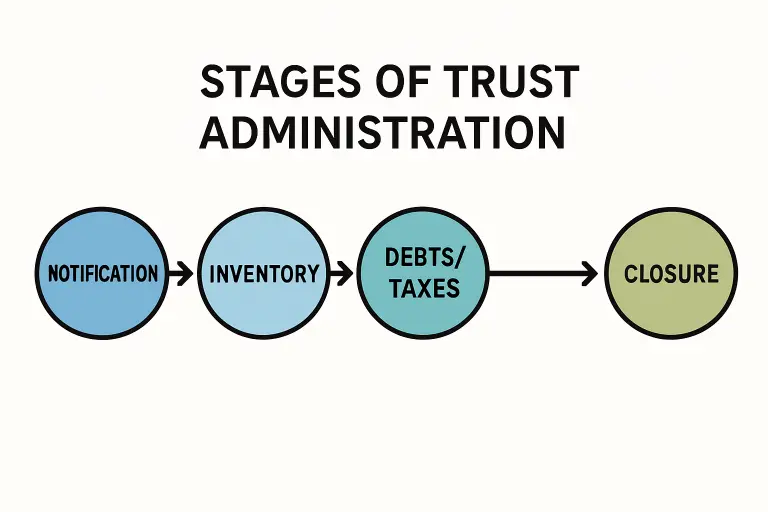


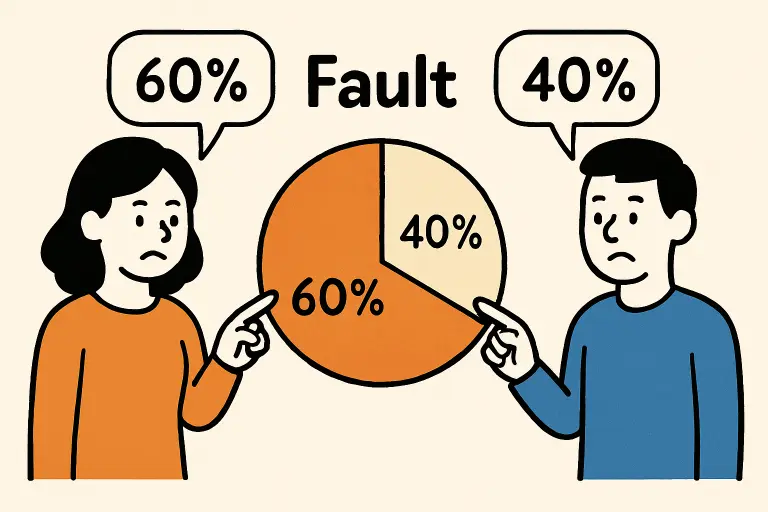
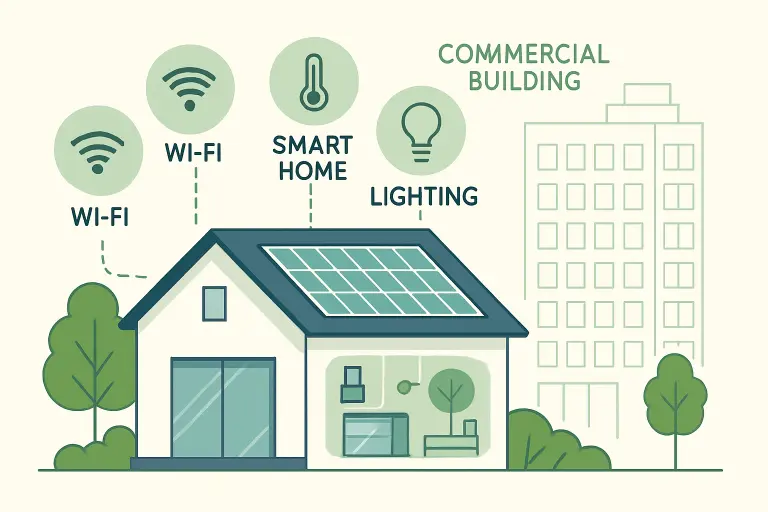










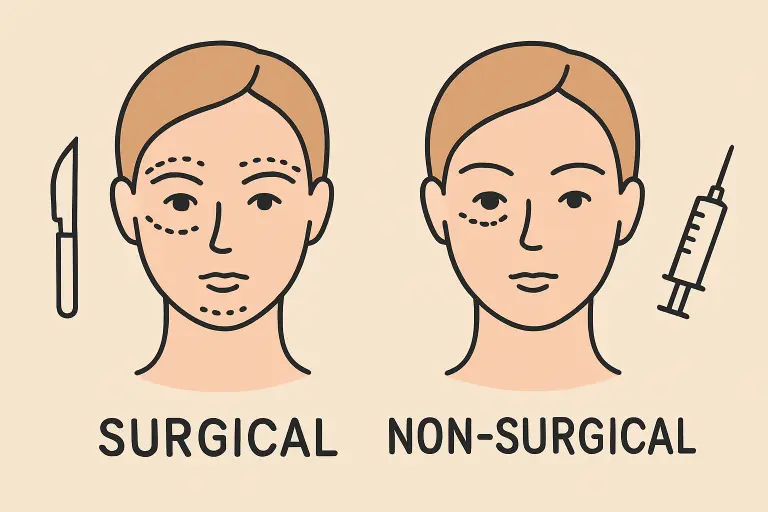
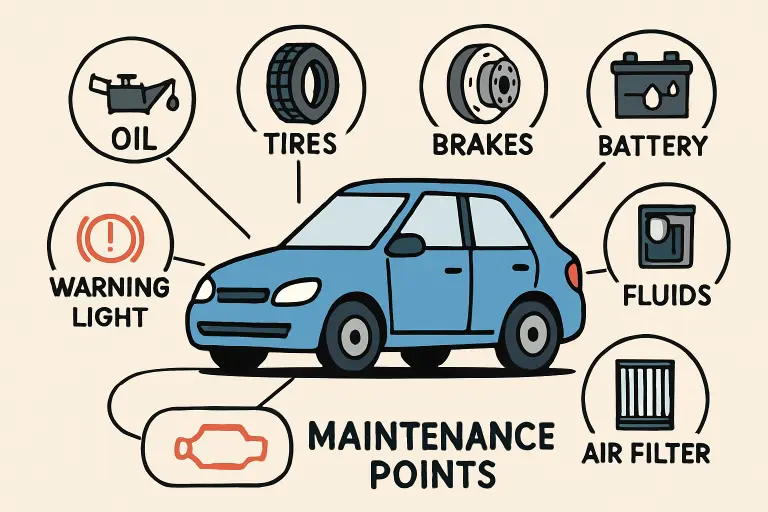


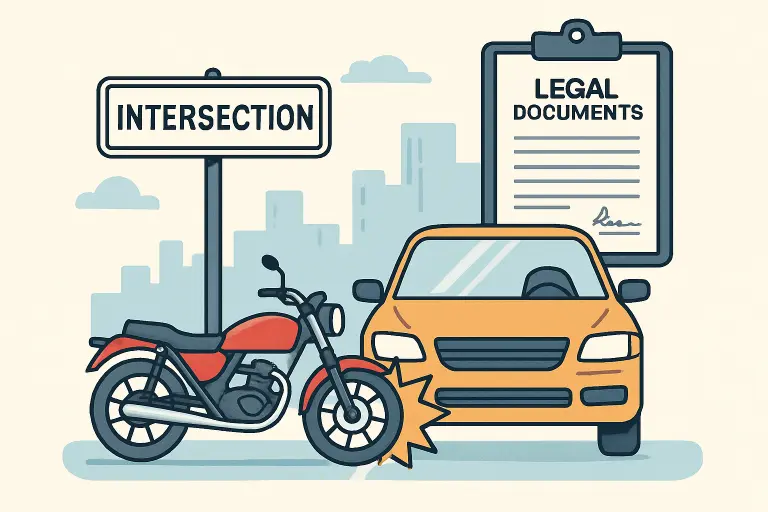








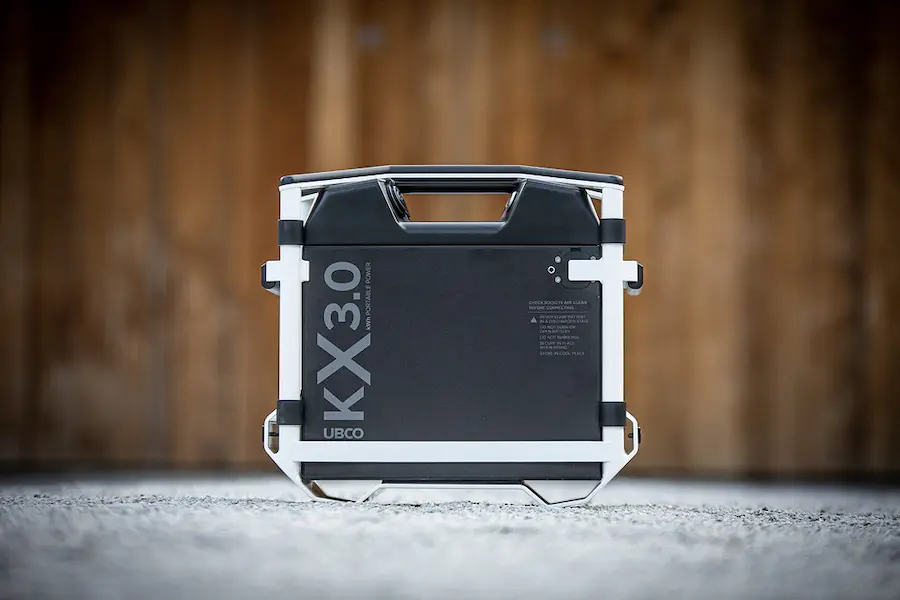



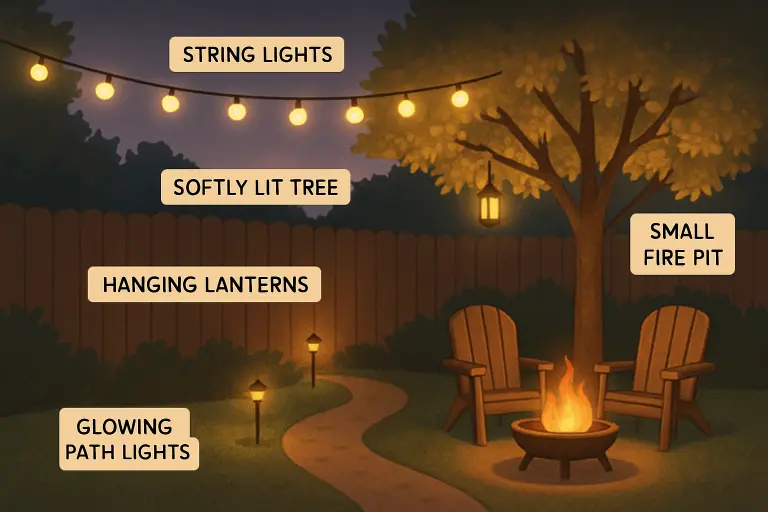


























































































































































































































































































































































































































































































































































































































































































































































































































































































































































































































































































































































































































0